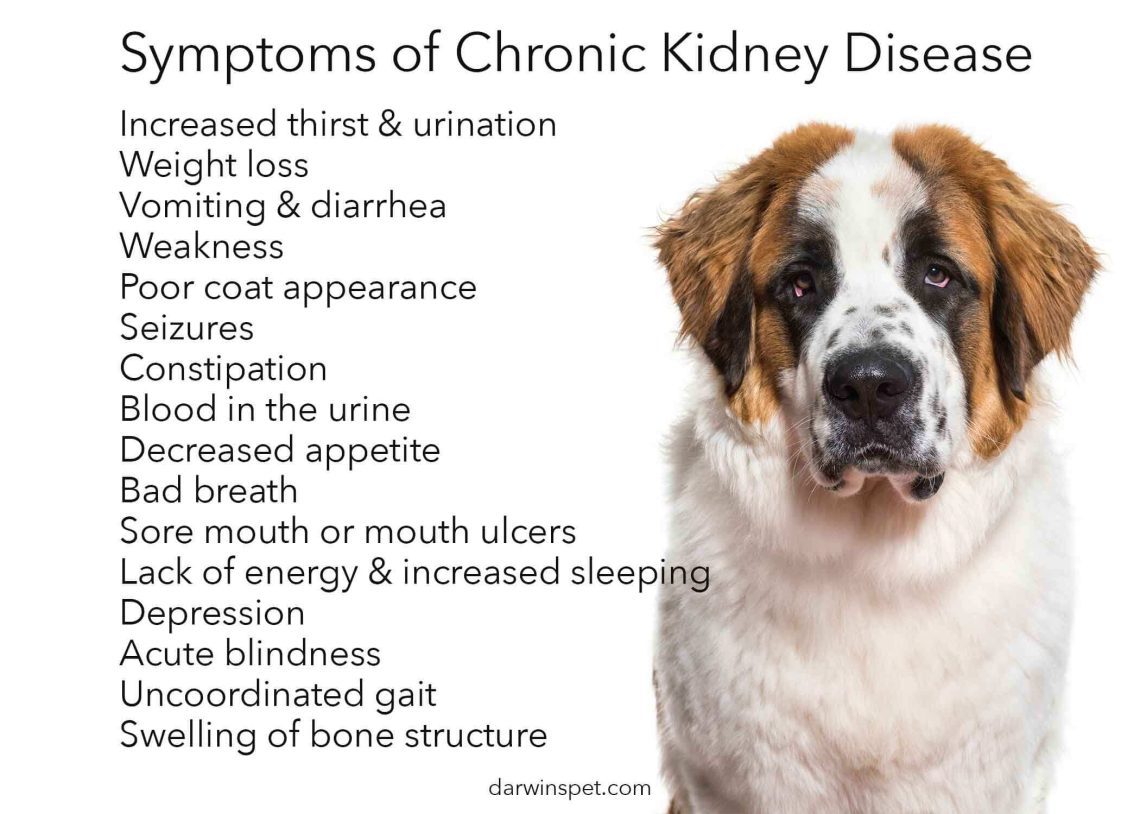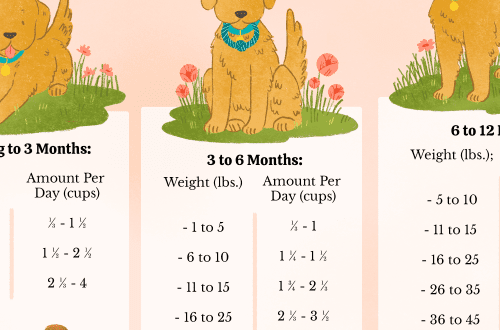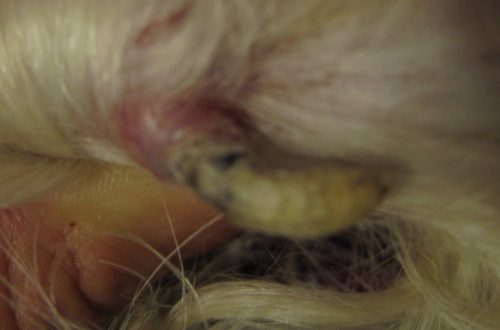
Facts About Kidney Disease in Dogs
The role of the kidneys is often underestimated, but they are vital organs that remove toxins from the bloodstream and regulate the balance of fluids and chemicals in the body. If the kidneys do not perform their functions well, it can threaten the life of the dog.
Contents
Kidney disease – what is it?
The kidneys are very important because they remove toxic substances from the blood and maintain a normal balance of fluids and minerals in the body. Dogs have various kidney diseases that need to be prevented and prevented, if possible. In some cases, dogs may show early symptoms of the disease. However, signs of severe disease (such as chronic kidney disease – CKD) appear only after 75% of the functional elements of the kidneys have already been lost. This is why early diagnosis is so important, especially for dogs 7 years of age and older. A complete blood count and a complete urinalysis are what is required for the initial diagnosis of kidney disease.
What causes kidney disease in dogs?
A number of conditions lead to kidney damage, including injury, infection, poisoning, and tumors. Usually this damage is irreversible. Kidney diseases are fairly common in dogs, but with early diagnosis and proper treatment, their progression can be slowed, and many dogs go on to live happily ever after for many years after diagnosis.
Factors that may increase the risk of kidney disease in dogs include:
Age. Dogs are more likely to develop kidney problems after age 7.
Fry food. Some dog foods that are high in phosphorus or high in protein can lead to progression of kidney disease.
Breed. Some dog breeds, including English Cocker Spaniels, Bull Terriers and German Shepherds, are more likely to develop certain types of kidney disease. Read about a special German Shepherd named Buddy who was diagnosed with kidney failure.
Окружающая среда. Certain chemicals, including disinfectants, antifreeze (ethylene glycol), lead paint, and some medications, can damage a dog’s kidneys.
Does my dog have kidney disease?
The symptoms of kidney disease can be difficult to recognize, but if you notice any of the following, it could mean that your dog has a kidney problem. Please contact your veterinarian if you notice any of the following symptoms:
- Intense thirst and increased amount of urine
- Decreased appetite
- Weight reduction
- Bad breath
- Vomiting and diarrhea
- Ulcers or severe redness of the gums in the mouth
- Weakness
- Lack of energy and increased sleep duration
- Poor coat appearance
- Depressed state
If your dog has been diagnosed with kidney disease, the veterinarian may describe it as either acute or chronic.
Acute kidney disease. Acute or sudden onset kidney disease can be caused by:
- Blood loss
- Shock
- Complications after surgery
- Injury
- severe dehydration
- Poisons
- Medications
- Difficulty urinating (such as a blockage from a bladder stone)
- Infection
Chronic kidney disease (CKD). Chronic, or long-term, kidney disease can be caused by the above factors, as well as breed and heredity, in combination with nutritional factors and immune system disorders. Chronic kidney disease is progressive and irreversible. Unfortunately, the symptoms of the disease usually do not appear until 75% of the functional mass of the kidneys is lost, which greatly reduces the normal function of the kidneys.
IMPORTANT. In the early stages of CKD, there are no symptoms. Increased thirst may be the first sign of kidney failure. If you notice this or any of the above symptoms, contact your veterinarian immediately.
Treatment and the importance of nutrition
The food a dog receives plays an important role in its health and well-being. If your dog has been diagnosed with kidney disease, changing his diet by reducing protein, phosphorus, and salt in his diet can help maintain quality and longevity with the disease. Phosphorus restriction is particularly important in reducing clinical symptoms and the rate of progression of kidney disease. Lowering your protein levels can also help bring your acid-base balance back to normal. A balanced diet is an essential part of an active and healthy lifestyle. If your dog has kidney problems, proper nutrition can positively impact their quality of life.
For an accurate diagnosis and treatment options, always consult your veterinarian and ask them to recommend the right food to support your dog’s kidney function.
Ask your veterinarian about kidney disease:
- Are there foods I should not give my dog due to her condition?
- Ask how human food can affect your dog’s health.
- Would you recommend Hill’s Prescription Diet for my dog’s kidney health?
- Ask about special foods for your dog.
- How much and how many times a day should I feed my dog the recommended food?
- Discuss what treats you can give your dog with these conditions.
- How quickly will the first signs of improvement in my dog’s condition appear?
- Can the veterinarian provide you with written instructions or a brochure containing information about my dog’s kidney disease?
- What is the best way to contact you or your veterinary clinic if I have questions (email/phone)?
- Ask if your dog needs follow-up.
- Specify whether a reminder letter or email notification will be sent to you.
Detailed information about kidney diseases, recommendations for their diagnosis and treatment followed by veterinarians around the world can be found on the website of the International Renal Interest Society (IRIS) http://www.iris-kidney .com/





